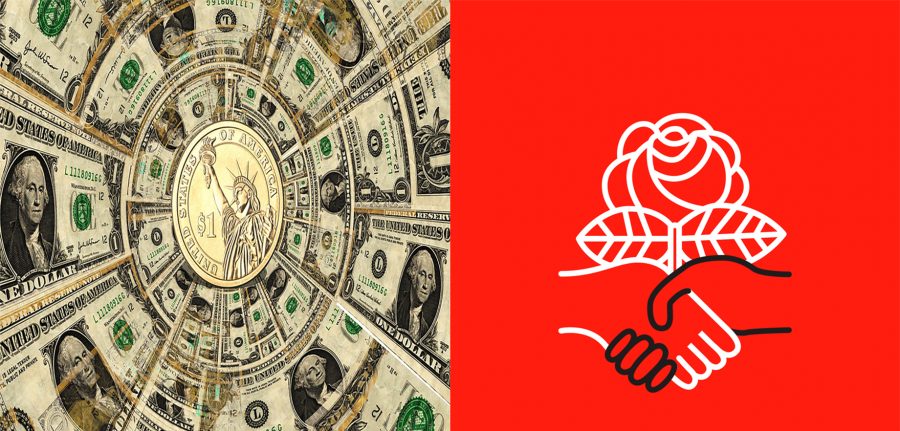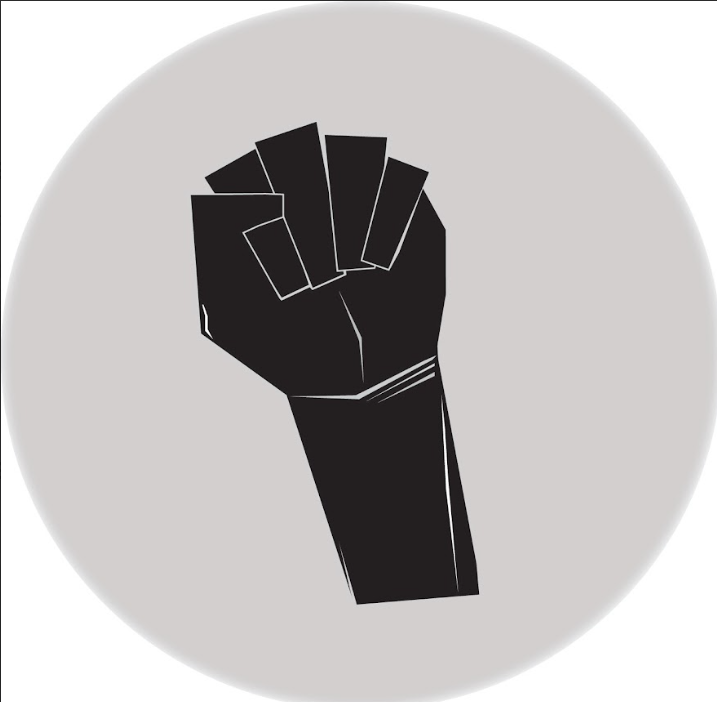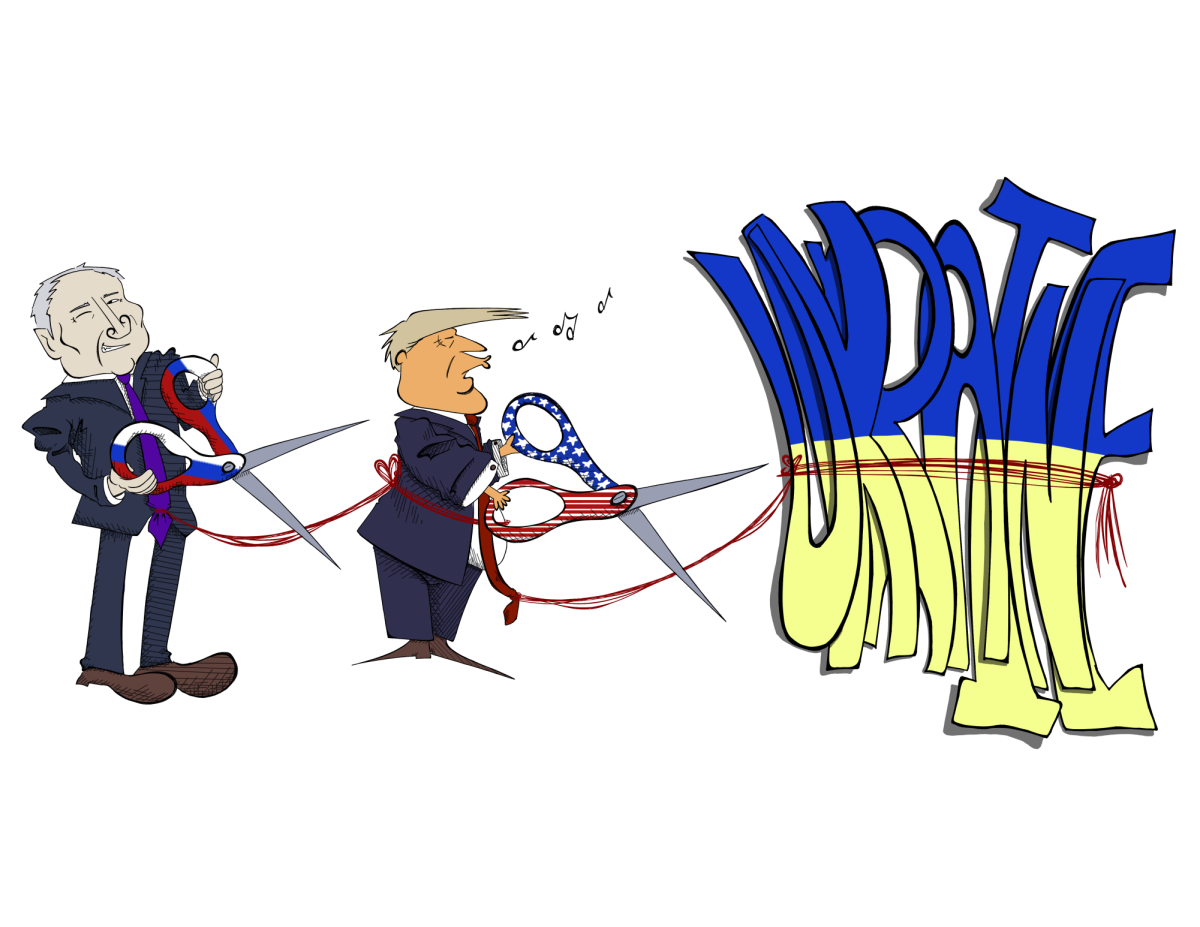Capitalism

I wrote my previous piece, which called for less radical political discourse, as a disclaimer, asking those who read my articles to view them as they actually are–opinions. I corroborate thoughts with facts and logic, as opposed to feelings and emotions. This may ruffle a few ‘Runners feathers, but that’s the point. If we do not challenge our beliefs, how do we know that they are actually our beliefs as opposed to something we were simply told to believe?
On campus, and in the country at large, some feel that our current system, capitalism, ought to be replaced by what they feel is a “better” and “fairer” system, socialism. The ideas of socialism are as far from fair as one could get. Often people say, “socialism is a good idea in theory, it just doesn’t work out in practice.” False. Socialism is detestable in thought and is an immoral act in practice. The thought that anyone is entitled to a portion of someone else’s assets “just because” they have more is criminal. Socialism is theft, and adding the word democratic doesn’t justify it. Also, the Holocaust, slavery, apartheid and many other detestable government atrocities took place in a “democratic” government (i.e. democratic and moral are not always the same).
Capitalism does not seek to make the wage “inequality” gap smaller, it seeks to raise society. Why should I care if Bill Gates earned an extra billion if I earned an extra $30,000 due to the free market? Socialism focuses too much on the wage gap, and would rather see everyone make less money, so long as the wealth is distributed “equally.” Capitalism recognizes the self-interestedness of incentivizing people to work hard for the promise of greater profits for themselves, whereas socialism de-incentivizes people to work hard because they will get the same profit as if they put in the bare minimum amount of work. Canada implemented universal basic income in Ontario but shut down the program because people stopped working entirely, opting to sit at home because the government paid them the same either way.
Capitalism has worked in multiple countries around the globe, whereas socialism failed time and time again. While those who oppose capitalism in capitalist states face economic damages by not participating in the free market, whereas those who oppose socialism in socialist countries face losing their lives. Capitalism realizes the reality that some individuals are more socially fit than others, and have an advantage in the free market, whereas socialism wishes to make everyone “equal” by dragging everyone down to a lowest common denominator. Capitalism allows those who work hardest to reach the top while leaving those less competitive behind; socialism seeks to make all people “equal” by stealing from the highest class and giving it to the lowest, so that everyone is middle class. If everyone in a society is “middle class,” there is no such thing as middle class.
Under capitalist economies, the number of people living on a dollar per day, or less, fell from 27 percent of the world population in 1970 to 5.6 percent in 2006. Ourworldindata.com states that in 1820, 94 percent of the world was beneath the poverty line; as of 2011 it’s about 17 percent. The global health industry, fueled by capitalist money, has made great strides in the child Under-five mortality rate, bringing it down 49 percent from 1990 to 2013. According to the World Bank, virtually no American lives below the world poverty standard. Bernie Sanders himself stated that a U.S. citizen making $50,000 a year would have to pay an additional $5,000 in annual taxes.
Socialism in Nordic countries are only possible due to their low populations, racial homogeneity, and because the U.S. pays for their defense budgets. For example, Norway is around 96 percent racially homogenous. It has a population of 5.23 million while Los Angeles county alone has 10.2 million. The U.S. pays for Norway’s defense budget, as well as many other “developed” countries who frankly don’t need us to protect them, averaging around 33 percent of our foreign aid spending, according to the Congressional Research Service. Not to mention Norway, and other Nordic countries, are still going bankrupt.
No system of government is perfect. I do feel, however, that capitalism is closer to perfect than socialism.
Socialism

A generation ago, the word “socialism” conjured to mind images of Joseph Stalin’s Soviet Union. Socialism was synonymous with government surveillance through the KGB, imperialist control of neighboring countries in the Soviet Bloc and massive inequality between members of the government and everyday citizens. Ironically, the folks who continue to conjure up that specter today, tend to ignore the presence of all of those qualities in present day American government.
These days, some of those old fears have evaporated, and you’re more likely to hear about Sweden than Stalin when it comes to socialism. But, neither Sweden’s welfare state nor Stalin’s authoritarian nightmare is socialism. Socialism is rooted in the belief of democracy, not just of the government, but of the economy as well. In fact, a socialist would argue that the government creates conditions for the economy, even when it takes the form of capitalist markets. Thus, a truly democratic government would naturally extend to the economy, unlike in America where economic power allows the wealthy to have a disproportionate influence over politics.
Another perspective is if capitalism gives you the freedom to choose what you buy, socialism gives you the freedom to choose what you sell. Under capitalism, workers sell their labor so they can buy the things they need — food, water, shelter and so on — but they have no say in what is done with the value their labor produces. Most of us will spend more time at work over the course of our lives than with our families, but we spend most of that time being told what to do.
Under socialism, workers themselves decide how the business is run and where its profits go. Money that sits unused in the bank accounts of millionaires and billionaires, or that is used to buy yachts and mansions, would be used to pay for healthcare or invested into the wellbeing of the communities that work to produce that money.
Whereas critics of socialism readily bring up the Soviet past, they rarely acknowledge that fewer than 100 years ago, it was socialists who fought for a 40 hour work week, a minimum wage, safe working conditions and the end of child labor. Let alone that capitalism depends upon these abusive and inhuman practices in much of Asia and the global south in order to function.
This furthers why capitalism is truly monstrous, and why socialism is truly necessary: Capitalism makes us complicit in the exploitation of others. The rich depend on the poor being poor, and as Americans, most of us are rich in the global sense though there’s certainly vast inequality here as well. Socialism, on the other hand, offers us the chance to work together, to be allies, dare I say comrades, in a struggle not for our own good, but for the good of all, which conveniently is the best for each of us as individuals. Democratic Socialists of America (DSA) is active locally and across the country. Join us to learn more and build a better world.









